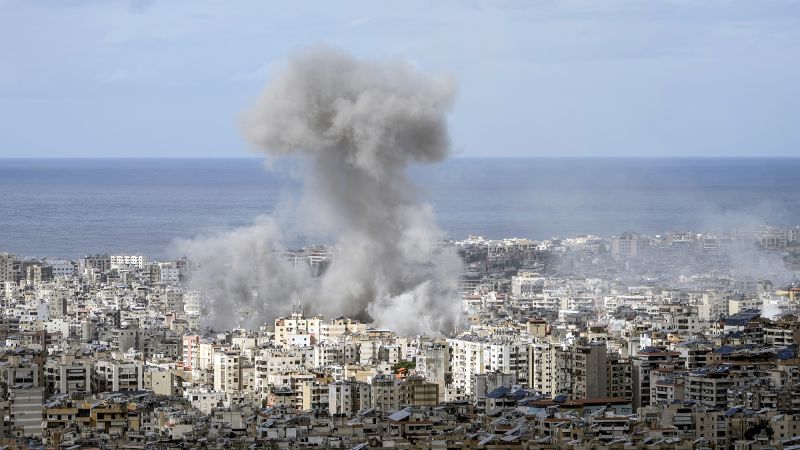
Israeli PM Tentatively Backs Ceasefire Deal with Lebanon, Insider Reveals
In the fast-paced and ever-changing landscape of international politics, significant developments often take place behind closed doors, shaping the future of nations and regions. Recently, a critical move in the ongoing conflict between Israel and Lebanon has emerged, with Israeli Prime Minister approving a ceasefire deal in principle, as per a source familiar with the matter.
The approval of the ceasefire deal by the Israeli Prime Minister signifies a potential turning point in the relations between these neighboring countries, both of which have a long history of conflict and unrest. While the details of the ceasefire deal have not been publicly disclosed, the willingness to consider such an agreement is a step towards de-escalation and peace in the region.
The decision to enter into a ceasefire agreement with Lebanon reflects a pragmatic approach by the Israeli Prime Minister to reduce tensions and avoid further hostilities. By approving the deal in principle, Israel is signaling its commitment to seeking peaceful resolutions to conflicts and maintaining stability in the region.
The ceasefire deal between Israel and Lebanon could have far-reaching implications for the Middle East and beyond. A cessation of hostilities between these two countries would not only reduce the immediate threat of conflict but could also create space for dialogue and diplomacy to address underlying issues and work towards long-term peace.
While the approval of the ceasefire deal in principle is a positive step, the road to a lasting peace between Israel and Lebanon is likely to be rocky and complex. Both countries will need to navigate longstanding grievances, security concerns, and geopolitical dynamics to build trust and create sustainable peace in the region.
The international community, including key players such as the United Nations and regional powers, will also play a crucial role in supporting the implementation of the ceasefire deal and facilitating dialogue between Israel and Lebanon. Multilateral efforts and diplomatic engagement will be essential in consolidating the ceasefire agreement and laying the groundwork for broader peace-building initiatives in the region.
As the details of the ceasefire deal between Israel and Lebanon gradually unfold, the world will be watching closely to see how this development shapes the future of the Middle East. The decision to approve the ceasefire deal in principle is a significant step towards de-escalation and conflict resolution, but the real test lies in the implementation of the agreement and the commitment of all parties involved to work towards sustainable peace in the region.
